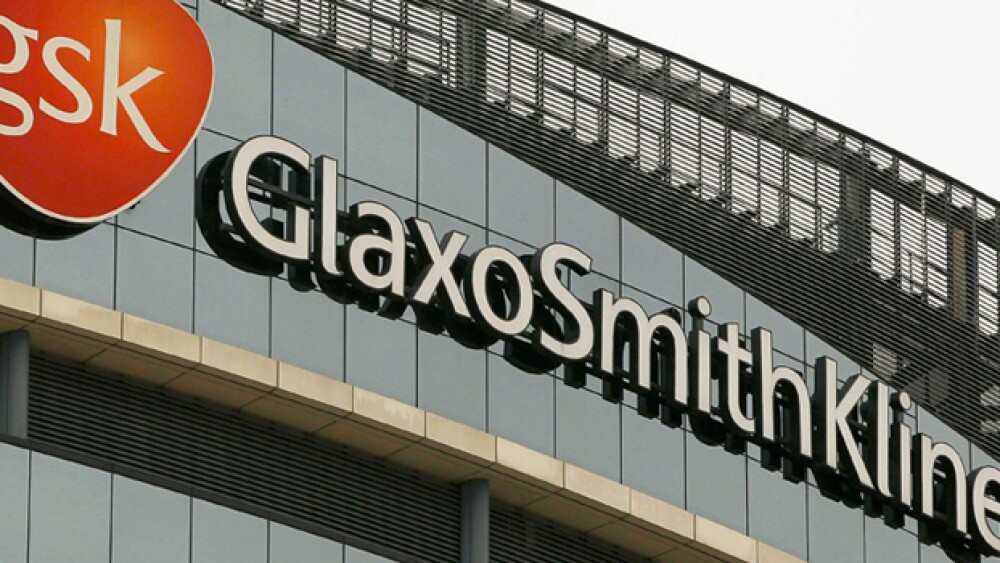Despite strong sales of shingles vaccine Shingrix, GlaxoSmithKline reported its sales and earnings fell 2 percent in the first quarter of the year, largely due to challenges in respiratory sales as well as significant currency impact.
Despite strong sales of shingles vaccine Shingrix, GlaxoSmithKline reported its sales and earnings fell 2 percent in the first quarter of the year, largely due to challenges in respiratory sales as well as significant currency impact.
GSK said Shingrix saw sales of about $153 million in the first quarter. The first quarter of 2018 is the first full quarter that Shingrix has been on the market in the United States. It has quickly replaced rival drugmaker Merck’s shingles vaccine Soztavax. Since its launch about six months ago the GSK vaccine has seen significant growth in the United States and has won approximately 90 percent of the market share in this country. The company anticipates Shingrix will become its biggest vaccine of all time, which is sure to make Chief Executive Officer Emma Walmsley happy as she has made strengthening the company’s drugs portfolio a top agenda since taking over the reins of the company last year.
Walmsley said the company is pleased with the starts for Shingrix, as well as two other newly-launched medicines, Trelegy, a treatment for COPD, and Juluca, an oral HIV treatment.
While the growth of Shingrix has been positive, one of GSK’s cornerstones, respiratory medications, saw a decline. The company reported total respiratory sales were down 6 percent overall, but down 14 percent in the United States. The company said growth from the Ellipta portfolio and Nucala was offset by lower sales of Seretide/Advair and Ventolin. Sales of Nucala grew 76 percent overall during the quarter, including 40 percent growth in the U.S. and generated $144 million. Sales of Ellipta also grew during the quarter, with 16 percent growth in the United States.
GSK’s Advair, which has been a strong revenue producer, keeps declining in the United States largely due to generic challengers. Mylan is awaiting a June ruling from the U.S. Food and Drug Administration for its generic copy of Advair. U.S. sales of Advair were down 32 percent during the quarter. The company said the loss of Advair’s market share reflects increased competition and the fact that many prescribers are switching patients to different medications.
While the first quarter of the year was tough but expected for GSK, the company has been making moves to ensure future long-term growth. During the first quarter of this year, GSK took full control of its consumer health business. The company plunked down $13 billion to buy out Novartis’ share of the business.
Additionally, the company also tapped Genentech’s Kevin Sin to focus on business development. Sin is expected to play a critical role in strengthening the company’s pharmaceutical pipeline and identifying enabling technologies to enhance delivery of innovative new medicines for patients.
Also this month GSK divested its rare disease gene therapy portfolio to Orchard Therapeutics. Under terms of the deal, GSK will receive a 19.9 percent equity stake in Orchard, as well as a seat on that company’s board of directors.
Since announcing the quarterly results this morning shares of GSK have fallen nearly 4 percent to $39.07 as of 12:14 p.m.





